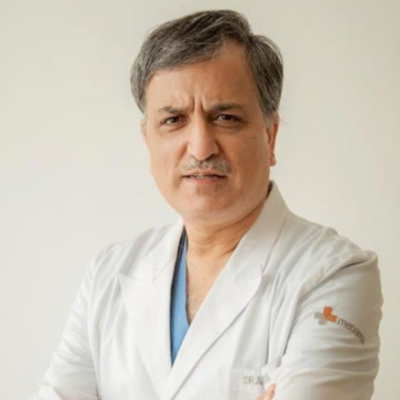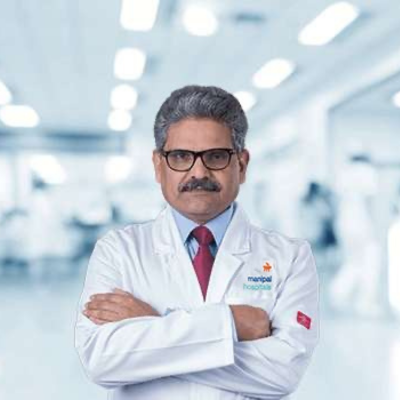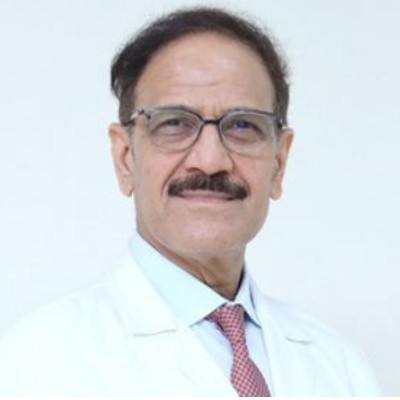Medical Visa Extension in India: How to Apply and What You Need to Know
 27 March,2025
Read More
27 March,2025
Read More
Enquire now in case of any assistance needed
Starting From: USD 84 - USD 421
Drug Eluded Stent is affordable in India. The cost of Drug Eluded Stent in India lies between USD 84 - USD 421. The exact procedure price depends on multiple factors such as the surgeon's experience, type of hospital, severity of the condition, patient's general condition,�etc.
The CT stent, or drug-eluting stent, stands as a testament to the constant innovation in cardiovascular medicine. This remarkable device has revolutionized the treatment of coronary artery disease (CAD), offering a minimally invasive solution for patients with narrowed or blocked arteries. Through its ingenious design and drug-eluting capabilities, the CT stent provides a targeted approach to restore blood flow and alleviate symptoms. This article delves into the intricate world of CT stents, covering their composition, deployment, benefits, considerations, and the evolution of this groundbreaking technology.
Coronary artery disease is a condition characterized by the narrowing or blockage of coronary arteries, which supply the heart muscle with oxygenated blood. This narrowing, typically due to the buildup of fatty deposits called plaque, can lead to symptoms such as chest pain (angina) and, in severe cases, heart attacks.
Early stents were typically made of metal mesh and served as scaffolding to keep arteries open after angioplasty, a procedure that uses a balloon to widen the narrowed artery. While effective, these stents had limitations, including a tendency for the artery to re-narrow (restenosis) and the need for repeat procedures.
The advent of drug-eluting stents marked a significant advancement in interventional cardiology. These stents are coated with a thin layer of medication that is slowly released over time, preventing restenosis by inhibiting the growth of cells that cause the artery to narrow again.
Drug-eluting stents typically consist of three key components:
Ongoing research and development in interventional cardiology continue to refine and enhance the capabilities of drug-eluting stents. Innovations may include improved drug formulations, biodegradable polymers, and advances in stent design to further optimize patient outcomes.
The CT stent stands as a testament to the remarkable progress in cardiovascular medicine, offering a targeted and effective solution for individuals with coronary artery disease. Through its ingenious design, drug-eluting capabilities, and precise deployment, this device has transformed the landscape of interventional cardiology. By alleviating symptoms, reducing restenosis, and improving long-term outcomes, the CT stent exemplifies the pioneering spirit of medical science. It continues to pave the way for innovative approaches in the treatment of coronary artery disease, promising renewed hope and vitality for patients around the world.
Chairman
Cardiothoracic and Vascular Surgeon
Medanta - The Medicity Hospital, Gurgaon
Book AppointmentConsultant
Interventional Cardiologist
Apollo Hospitals, Greams Road, Chennai
Book AppointmentDirector
Cardiologist, Interventional Cardiologist
Max Super Speciality Hospital, Saket, New Delhi
Book AppointmentConsultant
Interventional Cardiologist
Manipal Hospital Formerly AMRI Hospital, Dhakuria, Kolkata
Book AppointmentChairman
Cardiothoracic and Vascular Surgeon
Manipal Hospital, Dwarka, Delhi
Book AppointmentChairman
Interventional Cardiologist
BLK-Max Super Speciality Hospital, New Delhi
Book AppointmentChairman
Cardiothoracic and Vascular Surgeon
Medanta - The Medicity Hospital, Gurgaon
Book AppointmentConsultant
Interventional Cardiologist
Apollo Hospitals, Greams Road, Chennai
Book AppointmentDirector
Cardiologist, Interventional Cardiologist
Max Super Speciality Hospital, Saket, New Delhi
Book AppointmentConsultant
Interventional Cardiologist
Manipal Hospital Formerly AMRI Hospital, Dhakuria, Kolkata
Book AppointmentChairman
Cardiothoracic and Vascular Surgeon
Manipal Hospital, Dwarka, Delhi
Book AppointmentChairman
Interventional Cardiologist
BLK-Max Super Speciality Hospital, New Delhi
Book AppointmentChairman
Cardiothoracic and Vascular Surgeon
Medanta - The Medicity Hospital, Gurgaon
Book AppointmentConsultant
Interventional Cardiologist
Apollo Hospitals, Greams Road, Chennai
Book AppointmentDoctor of Pharmacy
Dr. Deepanshu Siwach is a skilled clinical pharmacist with a Doctor of Pharmacy degree.?He has 4+?years of experience and has worked with thousands of patients. He has been associated with some of the top hospitals, such as Artemis Gurgaon.
Dr. Deepanshu Siwach is a skilled clinical pharmacist with a Doctor of Pharmacy degree.?He has 4+?years of experience and has worked with thousands of patients. He has been associated with some of the top hospitals, such as Artemis Gurgaon....
Chairman
Cardiac Electrophysiologist, Interventional Cardiologist
Dr. T. S. Kler is a Padma Bhushan recipient with over 48 years of experience as an Interventional Cardiologist and Electrophysiologist. He has performed over 35,000 angioplasties and is a pioneer in electrophysiology, having established the first department in India. ...
The Art of Effective Communication
 27 March,2025
Read More
27 March,2025
Read More
 26 March,2025
Read More
26 March,2025
Read More
 22 March,2025
Read More
22 March,2025
Read More
 12 March,2025
Read More
12 March,2025
Read More
 24 January,2025
Read More
24 January,2025
Read More
 20 January,2025
Read More
20 January,2025
Read More





